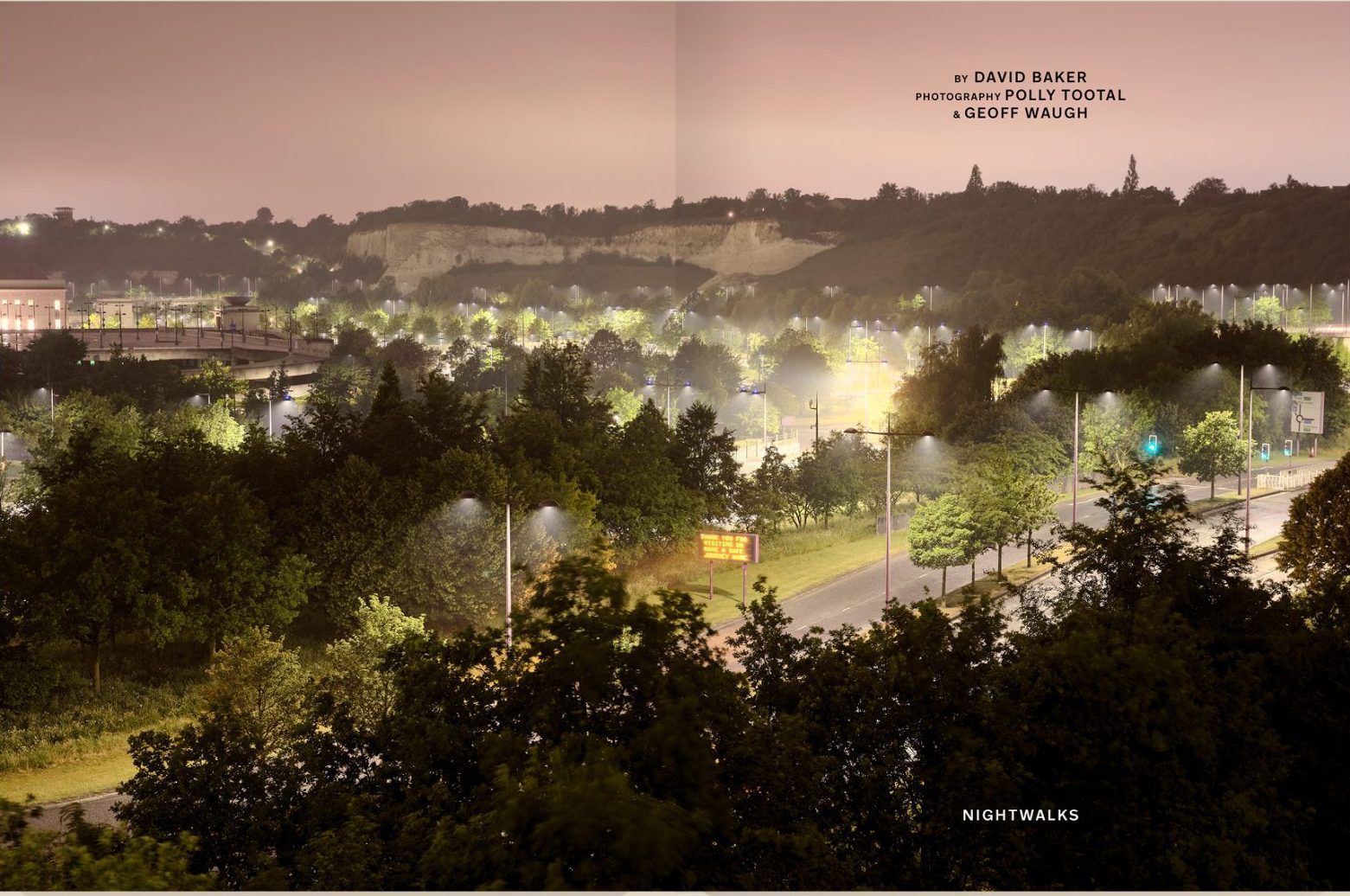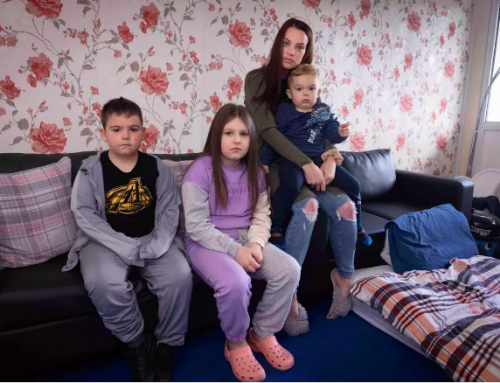The early hours are the in-between time, when it is neither one day nor the next, in which the world seems to hold its breath
Superstore Wilderness Vol 1, March 2023
Back in the 1990s, I worked in the newsroom of a national paper. We finished our shift at around 1am and, if it wasn’t raining, I’d walk the 30 minutes or so back to my home in Islington. Since then, I have, on and off, kept up the habit. If I can’t sleep or I’ve been working late, I’ll sometimes put on my coat, step out of my front door and take a stroll around my neighbourhood.
The first thing you notice when you walk out in the early hours is how quiet London can be. There’s none of the constant cacophony we become inured to in the daytime. But, in the silence, you also notice how far sounds can travel. A police siren from down in King’s Cross. The clunk of a delivery driver’s van door. The tipsy laughter of people stumbling their way home from a lock-in.
Once your eyes have adjusted, you can see how the darkness has a power, putting everything into sharp relief. You notice details of buildings, the way some tree branches tap against a lampost, strange shadows caused by the lights of a shop window that no one is looking into.
And, above all, you feel the city differently. The air is sharper. It’s colder, whatever the season. There’s a flinty smell in the air, especially if it has just rained. And everything is crisp and clean, as if the metropolis has washed its face and is getting ready for a new day. For the early hours are the in-between time, when it is neither one day nor the next, in which the world seems to hold its breath.
The people you meet are in-between people too. Office cleaners making their way to the capital’s glass-and-concrete tower blocks, long after the professionals they clean for have left – their only trace, when the working day begins, empty bins, a pristine carpet and a lingering smell of cleaning fluid. Restaurant workers coming home after the long dinner shift. Clubbers still hilariously high, the whole world a
wonderland for them. Weary travellers whose plane has landed late, the clack-clack-clack of their wheely suitcases on the pavement sounding like bones in a bag. And, because we are the only people around, we nod greetings and smiles, connecting for a moment before we move on, never to see each other again.
We humans, though, are little more than visitors to London’s nighttime streets. The city in the early hours is the domain, not of people, but of foxes. Since I have been doing these nighttime walks, the foxes that patrol our streets have become more numerous and more brave. Not so long ago, a fox in the distance would scurry away the moment they saw you coming. Now, vixens and their cubs cruise my street, sniffing at the rubbish in bin liners outside people’s front doors, glancing up disdainfully at the sound of your footsteps. One night recently, I stepped out to find one on top of a parked car, staring me out, daring me to make it move. It’s a humbling moment that reminds us that we humans are not always at the centre of things.
I’m aware, of course, that my night walks are a luxury not everyone can afford. I live in a safe area and, as someone who is white, middle-aged and a man, I’m a lot less likely than many to be bothered by muggers or the police. But, I think, if we can find ways of ensuring our safety – perhaps going out in a group and certainly avoiding dark alleys – we could all benefit from the occasional sampling of this interstitial time when the city refreshes, so that we can refresh too, before the new, bustling day begins.






